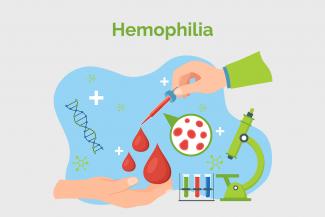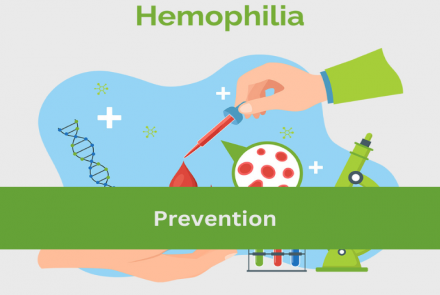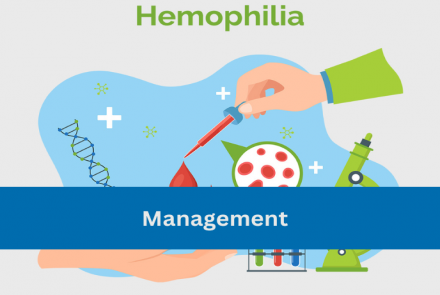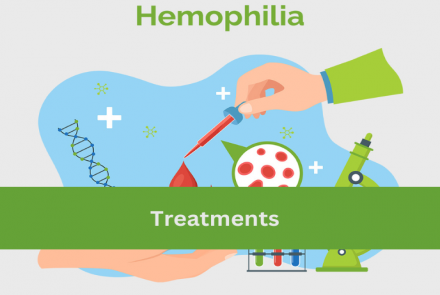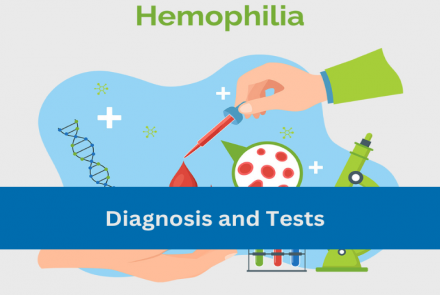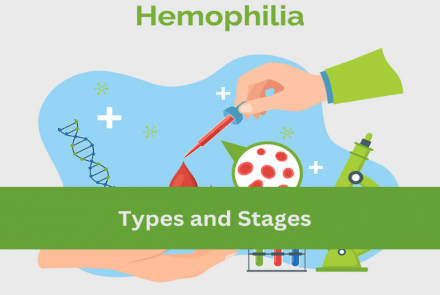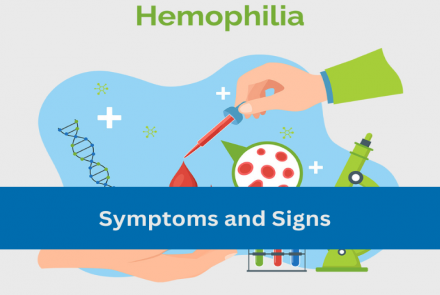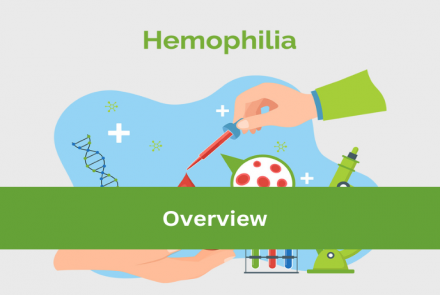Hemophilia or Haemophilia is a rare genetic blood disorder in which blood does not clot properly. It affects males more but there are females who also have hemophilia. It affects 1 in 5000 male births. Since it is an inherited condition, the best way to prevent this condition is to ensure that those with history of hemophilia go through pre-conception screening.
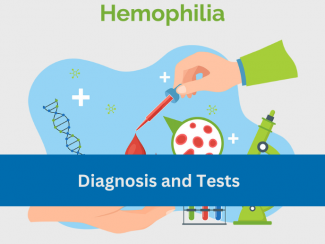
Below mentioned tests are conducted for diagnosis of Hemophilia:
- Complete Blood Count (CBC) – It measures the amount of hemoglobin, and the size and number of red blood cells, white blood cells and platelets.
- Bleeding time test – It is used to access the time for a small incision to stop bleeding. 2 to 9 minute is the normal bleeding time.
- Activated Partial Thromboplastin Time (aPTT) – It measures the time for blood to clot. 25 to 35 second is the normal time.
- Clotting factor test – It is used to determine the severity of clotting factors.
- Genetic testing – three types of genetic testing are done to identify specific gene mutations.
(i) Diagnostic testing – It is used to check specific gene mutations to determine the type of Hemophilia.
(ii) Carrier testing – It determines if a person carries a mutated gene for Hemophilia.
(iii) Prenatal testing – It is used to diagnose Hemophilia in the fetus during pregnancy.
Changed
05/May/2024
Community
Condition

